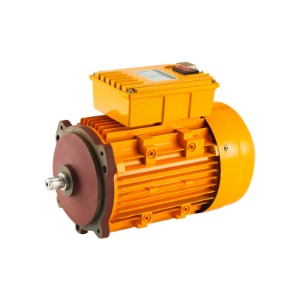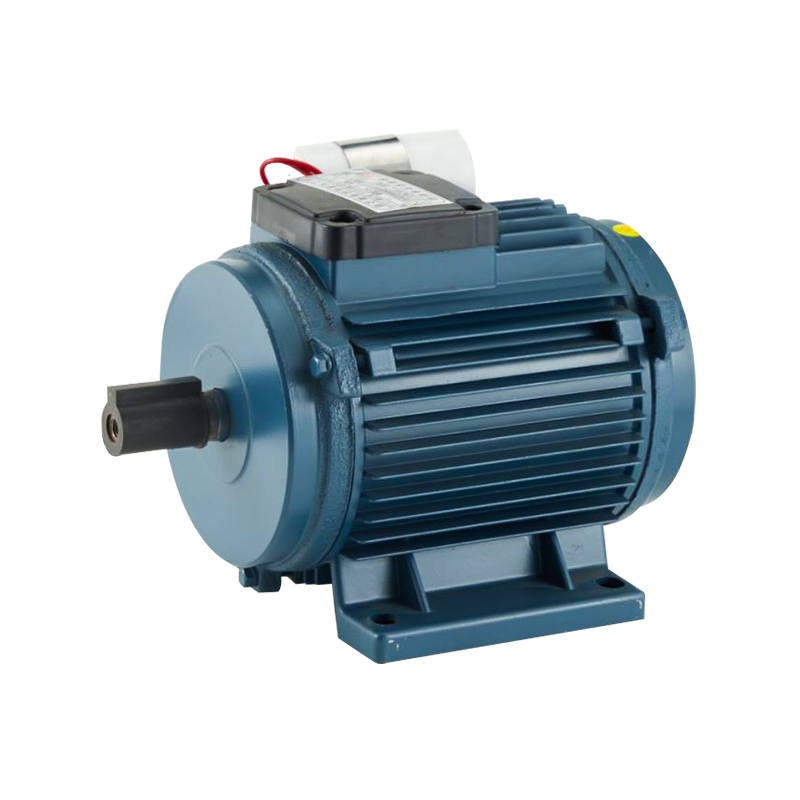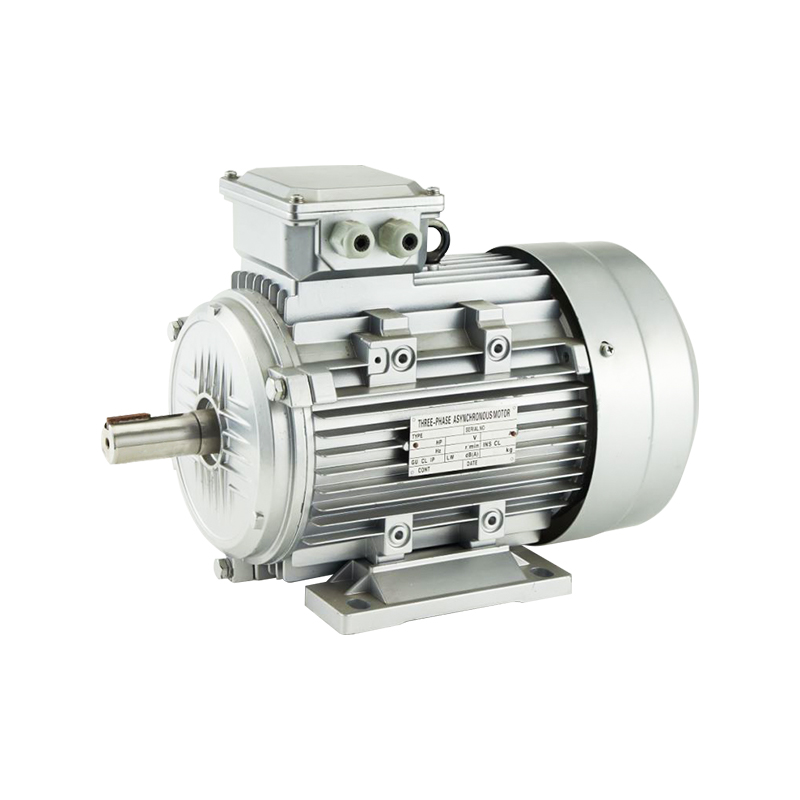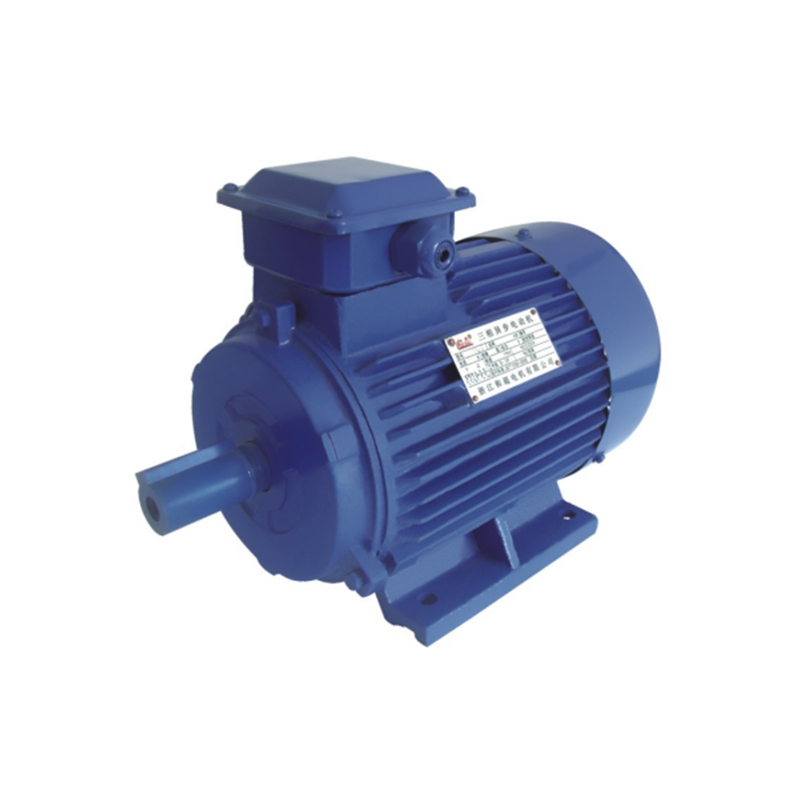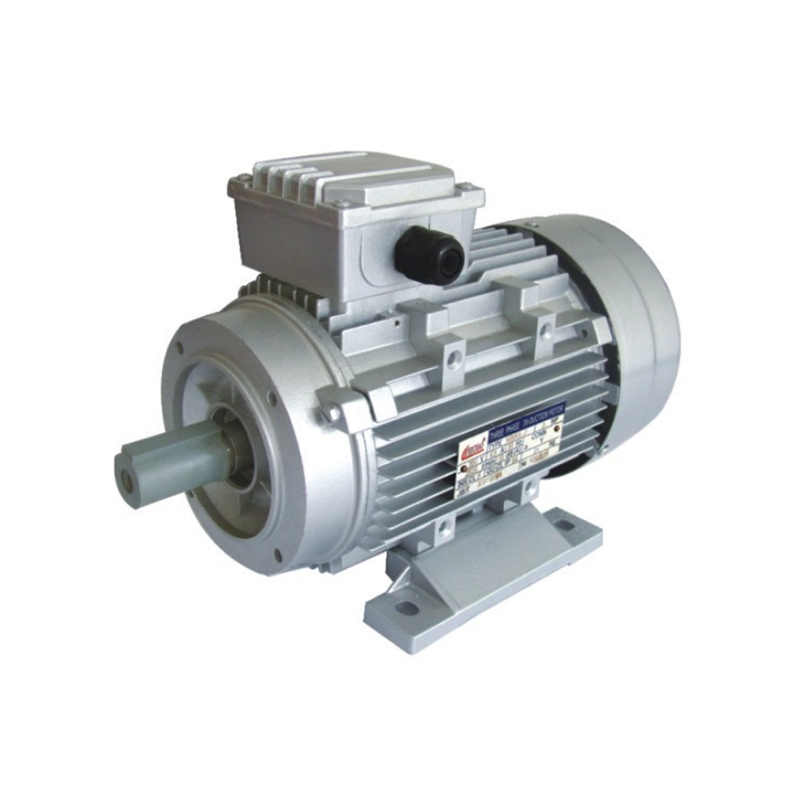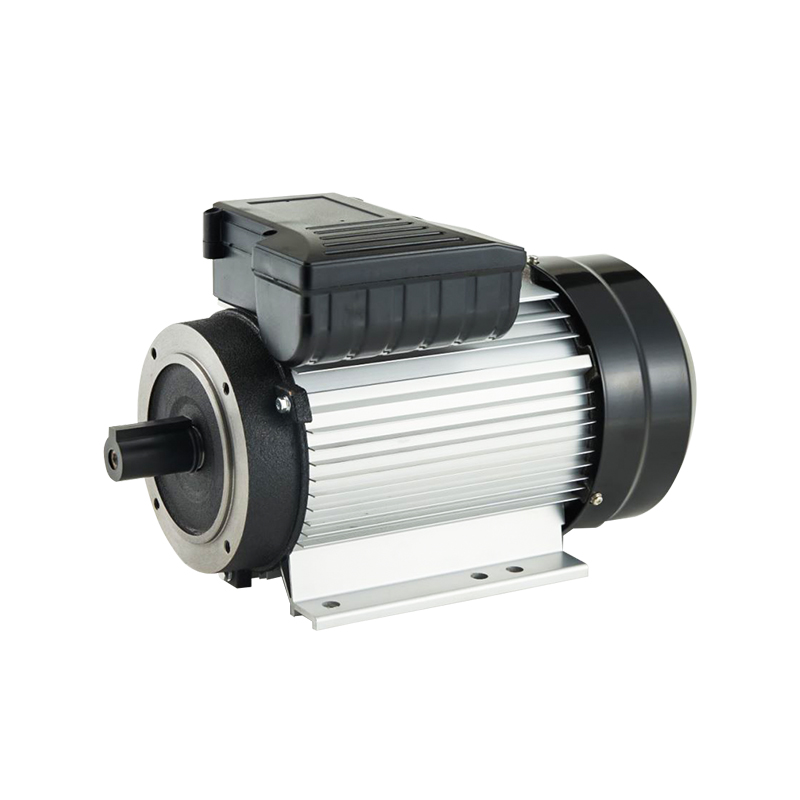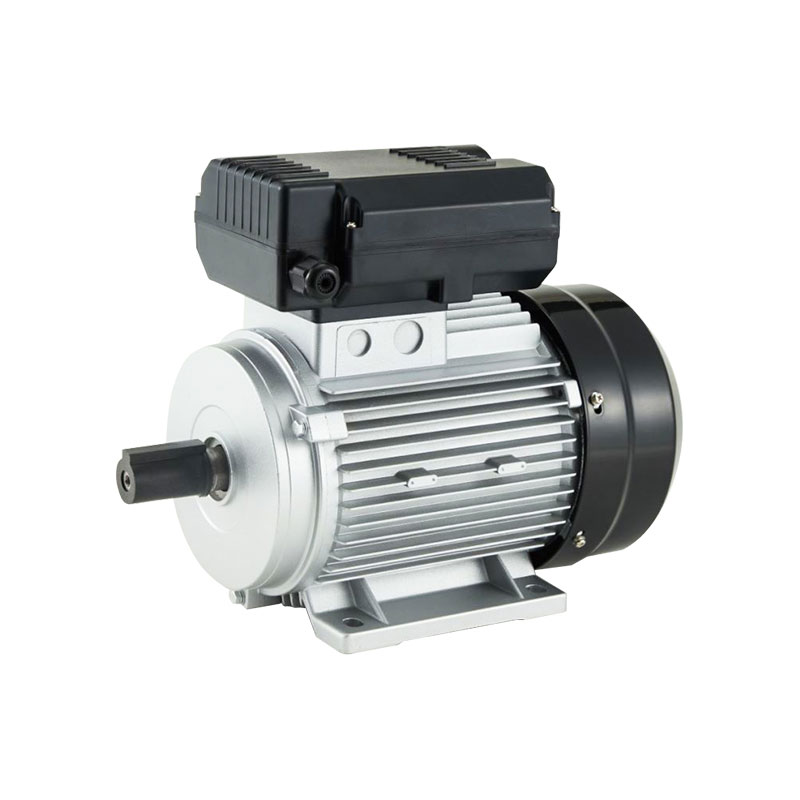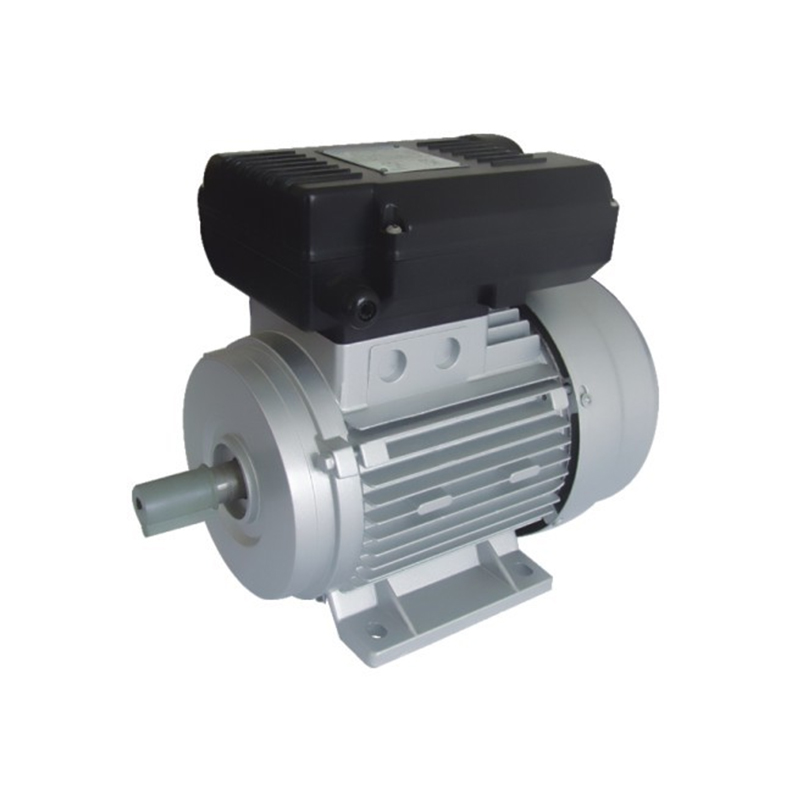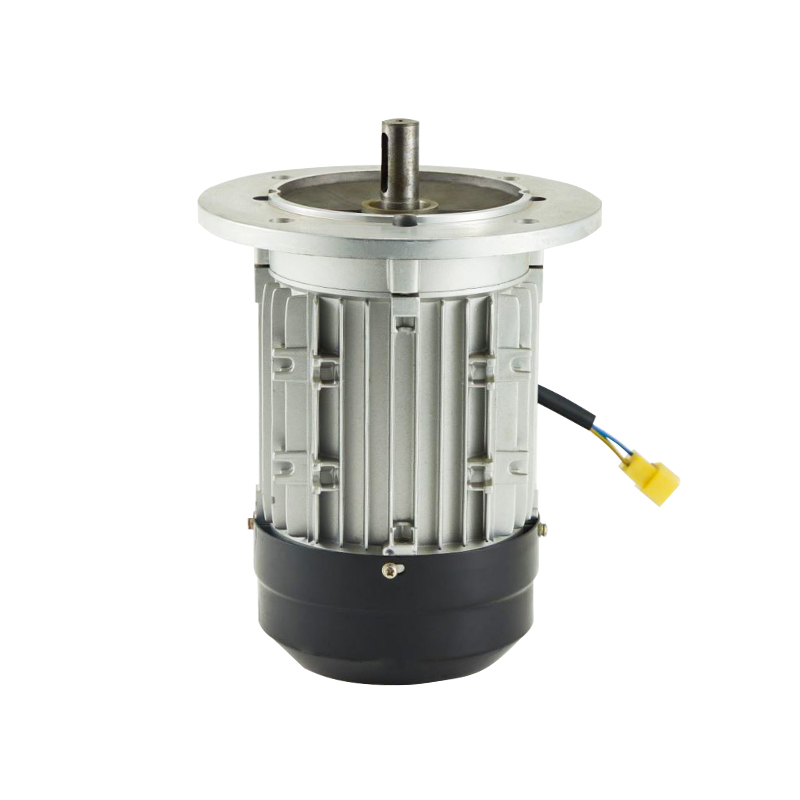Choosing the right motor for your sprayer can make a significant difference in efficiency and durability. When selecting an electric sprayer motor or a pesticide sprayer motor, there are several essential factors to consider. This guide will walk you through these considerations, helping you make an informed choice.
Factors to Consider When Choosing an Electric Sprayer Motor
Electric sprayer motors are popular for various spraying tasks, from gardening to small-scale agricultural work. Here are the main factors to consider:
1. Power and Speed
The power and speed of an electric sprayer motor determine how effectively and quickly the sprayer operates. High-power motors are ideal for covering larger areas or for use in heavy-duty spraying tasks, as they provide a consistent spray output. Speed is equally important, as it influences the flow rate. A motor with higher RPM (revolutions per minute) will provide a faster spray rate, ideal for larger gardens or crop rows.
High Voltage Airless Electrostatic Sprayer Motor
2. Brushed vs. Brushless Motors
Electric sprayer motors are available in brushed and brushless types, each with its own pros and cons:
Brushed Motors: These motors are affordable and widely available. However, they require more maintenance due to wear on the brushes, which may affect long-term durability.
Brushless Motors: Brushless motors have no physical brushes, reducing friction and resulting in less maintenance and a longer lifespan. They are typically more efficient and run quietly but are often more expensive than brushed options.
When deciding between brushed and brushless motors, think about how frequently the sprayer will be used. If it's for daily or heavy-duty use, a brushless motor may offer better value over time, even with the higher initial cost.
3. Brand and Price
Price is an important factor for many buyers, but remember that a high-quality electric sprayer motor from a reputable brand can offer greater reliability and a better user experience. Brands with established reputations often provide warranties, which can be useful if repairs or replacements are needed. Although budget-friendly options are available, a slightly higher investment in a well-known brand may reduce long-term costs.
4. Motor Compatibility
Ensure that the electric sprayer motor is compatible with your sprayer model. Different sprayers may require specific sizes, voltage ranges, and types of connections, so be sure to check the motor specifications before making a purchase.
Choosing the Right Pesticide Sprayer Motor for Different Spraying Needs
When it comes to pesticide sprayer motors, selecting the correct type is crucial, especially for agricultural applications where durability and performance matter. Here's what to look for:
1. Spray Area: Large Fields vs. Small Orchards
The size of the spray area has a direct impact on the type of pesticide sprayer motor you'll need:
Large Fields: For vast fields, a high-powered motor that can handle extended use and cover large areas quickly is essential. These motors should be capable of delivering consistent pressure to maintain an even spray pattern.
Small Orchards and Gardens: For smaller, localized areas, a medium-power motor may suffice. In these settings, the focus is usually on precision rather than speed, so a motor that provides stable output and easy handling can be more beneficial.
2. Spray Pressure and Flow Rate
Pesticide sprayers often require higher pressure to ensure that the spray reaches all parts of the plants, especially in dense crops. Choosing a pesticide sprayer motor with adjustable pressure settings allows for flexibility, enabling you to switch between low-pressure and high-pressure spraying as needed. Higher pressure also ensures even distribution, critical in larger crop areas or taller plants.
3. Corrosion Resistance
Pesticides can be corrosive, and a pesticide sprayer motor should be designed with corrosion-resistant materials, such as stainless steel or treated alloys. Many motors include additional protective coatings or seals to prevent chemicals from damaging internal components. For long-term use, especially in humid or rainy environments, a motor with high corrosion resistance will be essential to maintain reliability and performance.
4. Durability and Maintenance Needs
Durability is critical for pesticide sprayer motors, particularly for heavy-duty agricultural work. Choose a motor that requires minimal maintenance and is easy to clean, as exposure to pesticides and outdoor conditions can lead to wear over time. Brushless motors tend to require less maintenance, but regular inspection is recommended for any motor to ensure its longevity.
Comparing Electric Sprayer Motors and Pesticide Sprayer Motors
While both electric sprayer motors and pesticide sprayer motors are used for spraying tasks, their specifications often differ to meet the needs of various applications:
Electric Sprayer Motors: Generally more lightweight and suitable for household or smaller garden applications. They are often used for spraying water or less-corrosive substances.
Pesticide Sprayer Motors: Built for tougher environments and typically used in agriculture. These motors are usually more powerful, corrosion-resistant, and able to handle a wide range of chemicals.
Practical Tips for Choosing the Right Motor
When deciding between different sprayer motors, here are a few practical tips to keep in mind:
Determine Your Application: For gardening or smaller tasks, an electric sprayer motor with moderate power may be ideal. For larger or agricultural applications, opt for a pesticide sprayer motor with higher power and pressure output.
Check Motor Specifications: Ensure the motor's specifications align with your sprayer model and the type of spraying required. Compatibility is key to efficient operation.
Think About Longevity: For long-term use, consider brushless motors and look for corrosion-resistant options. This will ensure a more reliable and durable motor, especially in harsh conditions.
Brand and Warranty: Investing in a motor from a reputable brand with a solid warranty can save money and hassle down the road, especially if replacement parts or repairs are needed.
Choose Based on Environment: If your sprayer will be exposed to weather elements, prioritize motors with waterproof or sealed designs, particularly for pesticide sprayers that require heavy outdoor use.

